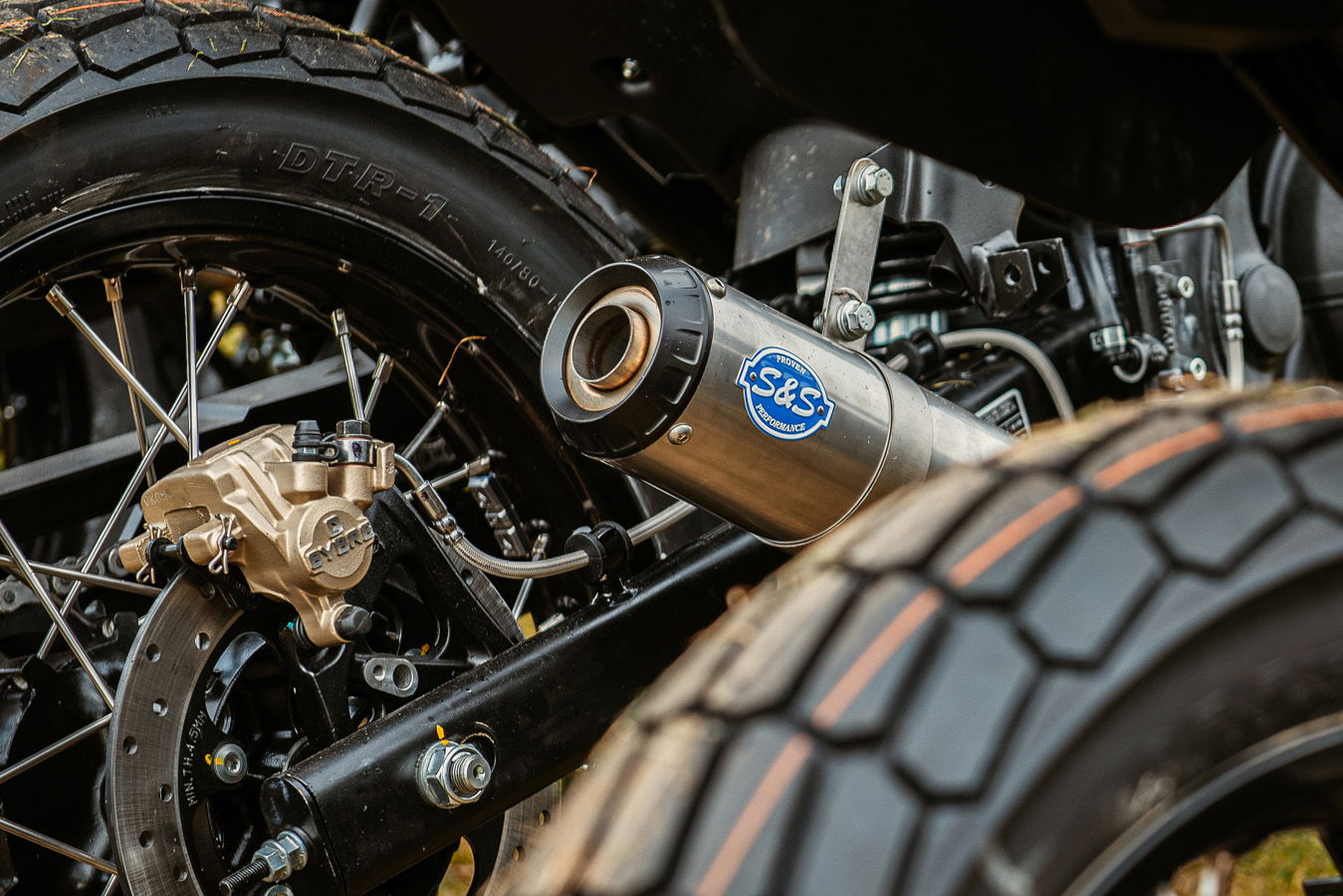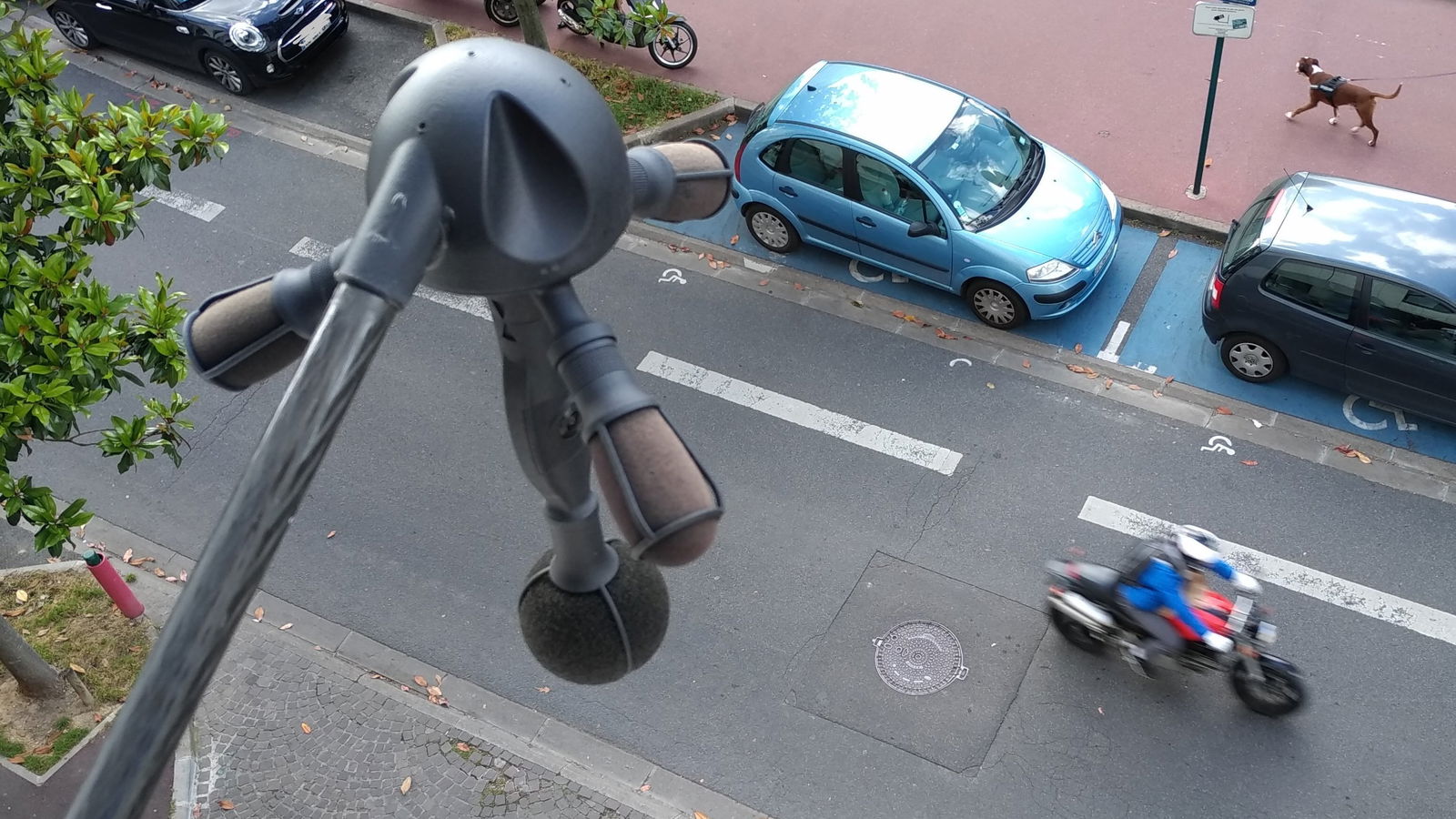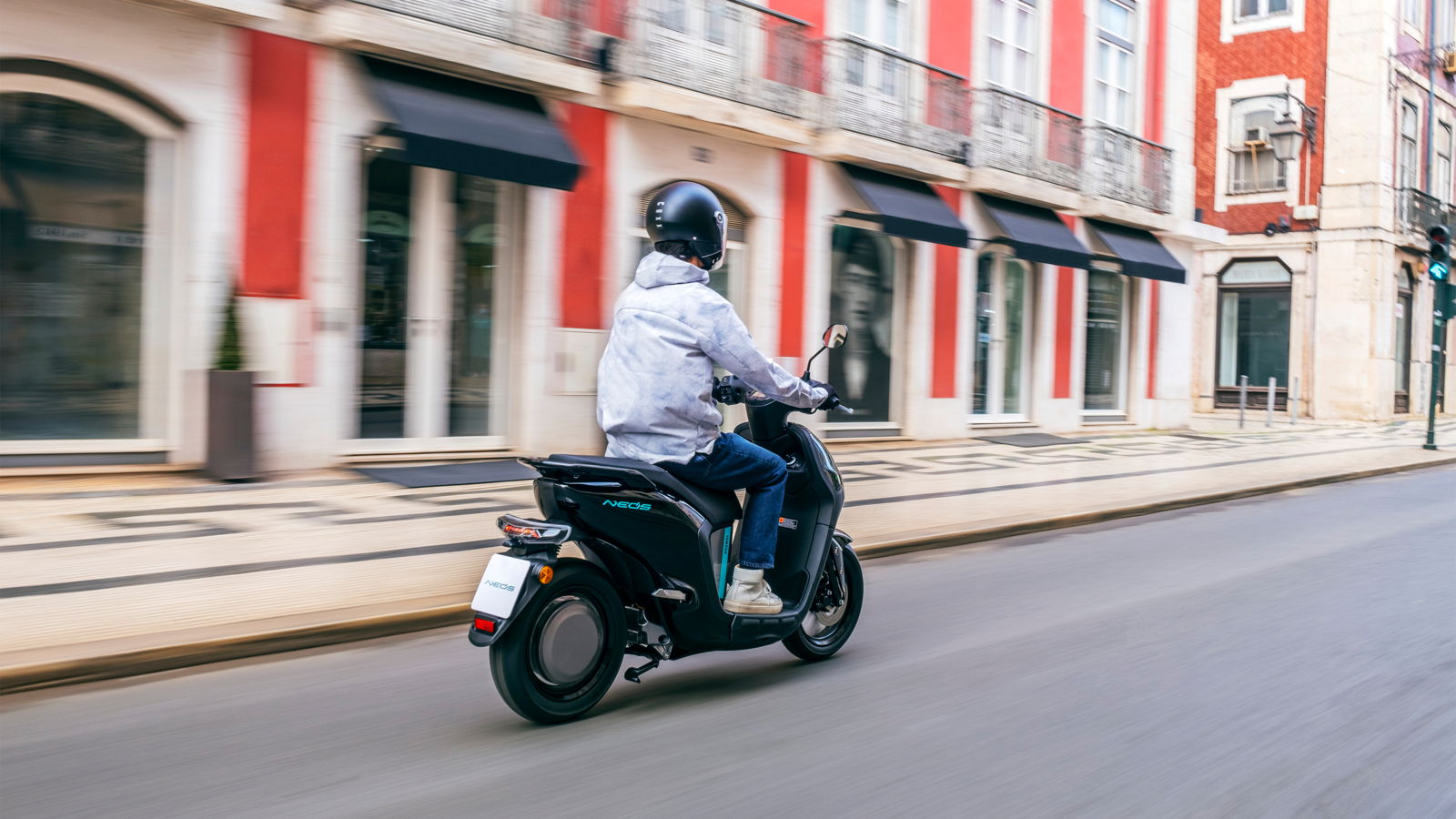Over half of British motorists want noise cameras introduced
A study has revealed that nearly six-in-10 (58 per cent) people in the UK want noise cameras to be introduced and enforced to stop people using loud exhausts.

The majority of people in the UK want noise cameras to be enforced, a study has found, because it's deemed there are too many loud vehicles in residential areas.
Six-out-of-10 (58 per cent) people want noise cameras to be introduced in their area, an RAC study has found, in comparison to 22 per cent of people being opposed to the idea, and 20 per cent being unsure.
34 per cent of people said they “regularly hear loud revving engines or excessively loud exhausts,” the RAC says. Additionally this was 47 per cent in London, and in Wales and Scotland, it was 40 per cent. 51 per cent of people said they occasionally hear one or more vehicles with a loud exhaust.

When asked about punishment for exhausts which exceed the legal noise limit (74 decibels), 39 per cent of people felt the current £50 on-the-spot fine for exceeding the limit is correct. On the other hand, 37 per cent disagreed with the current punishment, and 24 per cent were unsure.
43 per cent of the people who felt the fine should be more severe felt that a £200 fine in combination with a driving ban until the exhaust was judged to comply with the legal limit was appropriate. In London, this was 67 per cent.
RAC head of policy Simon Williams indicated that he felt that motorcycle riders were particularly frequent noise offenders. He said that it’s “plain wrong” that “motorbike riders [...] can get away with making an unacceptable amount of noise.”
Williams’ full statement following the RAC study reads: “Our research with drivers shows there is a very strong desire to put an end to the scourge of excessively noisy vehicles that disturb the peace all around the country.

“It’s plain wrong that those who have fitted their cars with modified exhausts, some motorbike riders and supercar owners can currently just get away with making an unacceptable amount of noise. Fortunately, the Department for Transport’s recent noise camera trials may provide the solution. We hope the findings are positive and that the technology can be quickly and cost-efficiently rolled out to the worst affected areas.
“There is no good reason why cars and motorbikes should make so much noise, so the sooner effective camera enforcement can be put in place the better.”
The ‘noise cameras’ or ‘acoustic cameras’ that would be used in the stricter enforcement of noise limits began their trial, organised by the Department for Transport, last October at the cost of £300,000.
The RAC’s study was conducted between 9-18 December 2022, and 1,424 people participated.
This article was originally published on 17 May 2022, and was updated with the above text on 17 August 2023. The original article can be read below.
THE British government is set to trial noise cameras in four areas across the UK this summer, to monitor noise levels.
The noise cameras will be used in four areas of England and Wales, and “can automatically detect individual cars and bikes breaking noise limits,” according to the British Motorcyclists Federation (BMF).
There is already limited use of noise cameras in Britain, for example in Westminster, where politicians operate in a separate reality. The BMF suggests that the trials in England and Wales set for this summer could be a precursor to a nationwide distribution of noise cameras.

Credit: Viginoiz/Bruitparif
Grant Shapps, the Secretary of State for Transport, is “inviting residents to lobby their MP to submit applications to take part,” according to the BMF. “We want those in Britain’s noisiest streets, who are kept up at night by unbearable revving engines and noisy exhausts, to come forward with the help of volunteer areas to test and perfect the latest innovative technology,” said Shapps.
As has been the case quite often in recent times, the government finds itself incapable of actually doing anything itself, so it is asking the public to do its work on its behalf.
Shapps’ idea is to “banish the boy racer,” but exactly how loud is a vehicle allowed to be? If you’re riding a 50cc scooter are you automatically getting a letter in the post and an extortionate fine the moment you twist the throttle? People who ride one-litre sports bikes are going to make noise. That is just reality.
And, let us remember who Shapps is. The Transport Secretary responsible for Smart Motorways without hard shoulders; for train tickets that are more expensive than plane tickets; and for the lack of regulation of e-scooters, although that is set to change later this year. These have been objectively bad things and, as well as average speed cameras, have been - with the exception of the e-scooters - at least in part motivated by an opportunity to make money. Are we going to have variable nose limits for different times of the day? Or just limits that are impossibly low? Anything is possible, but perhaps it is better to wait and see before passing total judgement.
The positive side of these proposed noise cameras is that they might encourage people to go electric. But, the problem with that is that everything is getting more expensive, including electricity, but electric cars and bikes are not getting cheaper. The government subsidies for electric vehicles are relatively limited compared to Italy, for example, and the lack of public infrastructure for EVs means they are mostly impractical, and unaffordable, for a large proportion of the population. So, until going electric is affordable, you had better keep the revs below 1,500.

